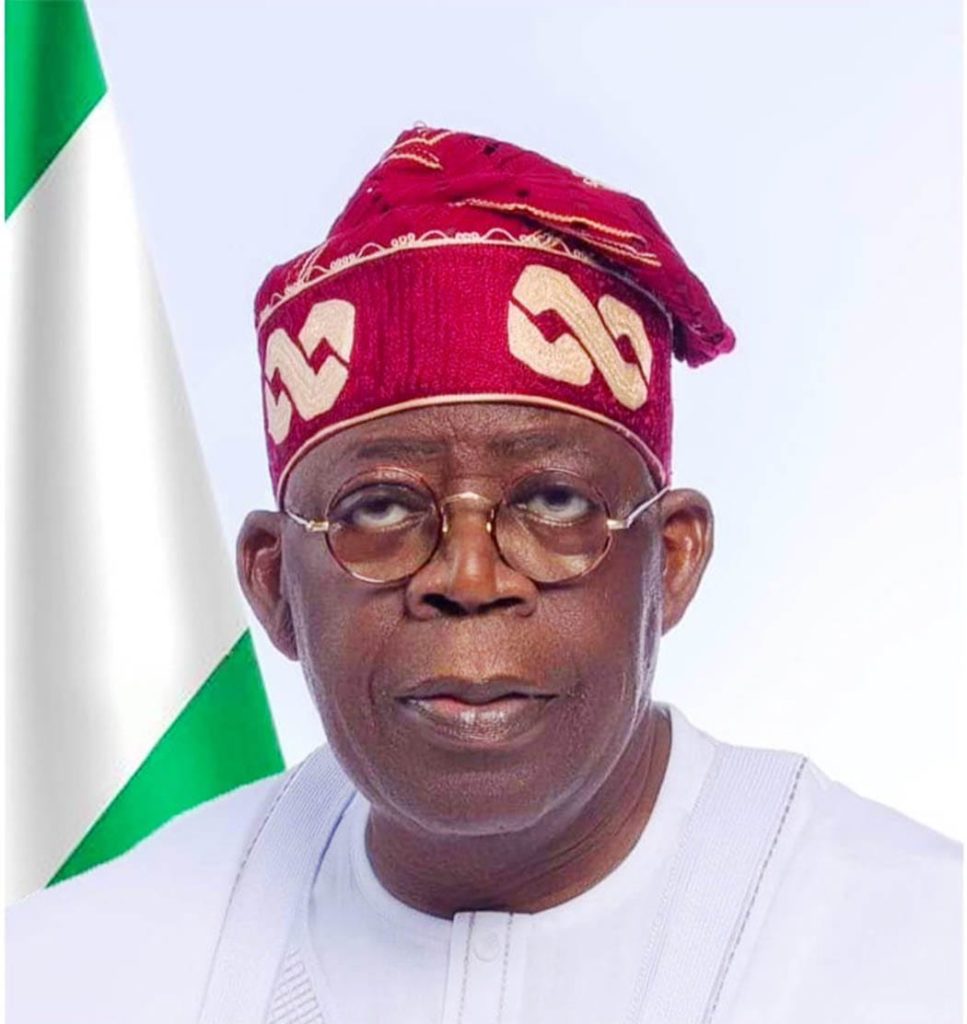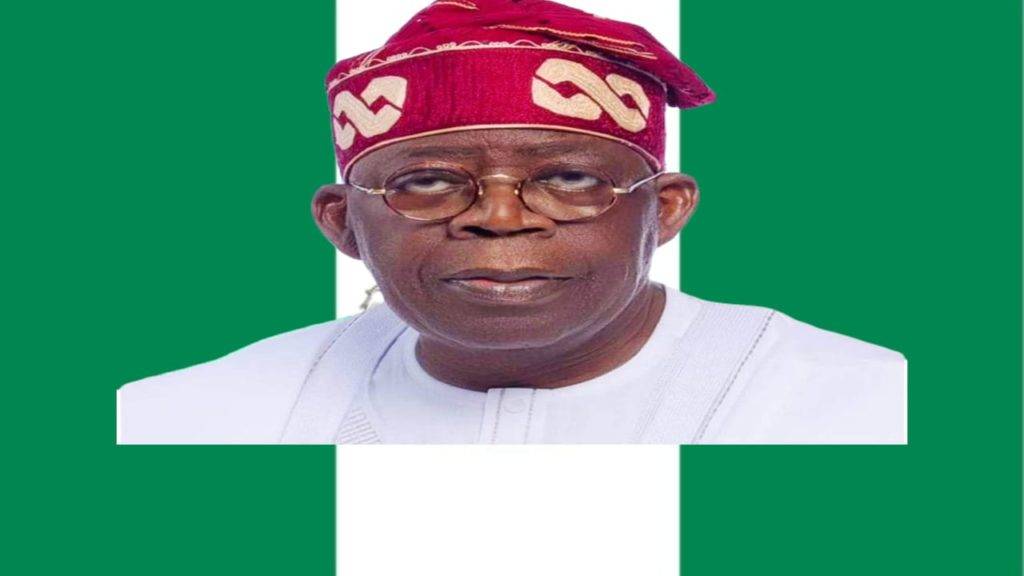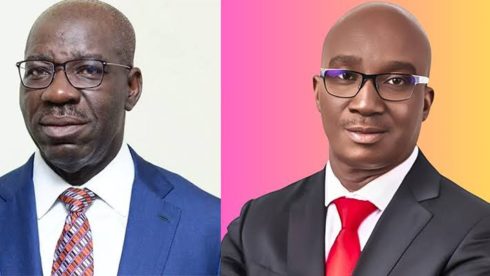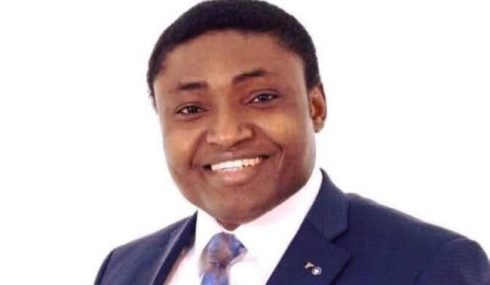President Tinubu’s Doubt on Cabinet Reduction
President Tinubu, in a candid statement, expressed skepticism about reducing his cabinet. He emphasized that there is no guarantee that a smaller cabinet would lead to improved governmental performance. The President’s stance raises questions about the effectiveness of downsizing in achieving administrative efficiency.
Despite facing criticisms for the size of his cabinet, which currently comprises 47 ministers, President Tinubu defended the number as a reflection of the diversity of roles essential for efficient governance. This highlights a strategic approach to ministerial appointments, suggesting that each portfolio is tailored to specific tasks, contributing to a more dynamic and responsive government.
Justification for a 47-Minister Cabinet
In justifying the sizable cabinet, President Tinubu addressed the critiques by stating that efficiency, mobility, and resourcefulness require a certain number of individuals with specific responsibilities. He argued that overloading ministries in an attempt to save money could lead to a future characterized by non-performance and lack of results. This perspective challenges the notion that a leaner government is always more effective.
The President’s emphasis on giving individuals challenges they can manage aligns with the belief that a well-structured and adequately staffed government is crucial for Nigeria’s growth. This approach suggests a commitment to providing ministers with manageable workloads, fostering a conducive environment for productivity.

Criticisms and Rationale Behind Cabinet Size
President Tinubu acknowledged receiving criticisms regarding the rationale behind the size of his cabinet. His response indicates a willingness to address concerns openly, fostering transparency in governance. This engagement with critiques also positions the President as responsive to public discourse and committed to explaining the strategic reasoning behind administrative decisions.
The notion that combining too many ministries to save money could result in future non-performance underscores the President’s focus on long-term efficiency rather than immediate cost-cutting measures. This perspective aims to balance financial prudence with the need for a government capable of delivering tangible outcomes.
Efficient, Mobile, and Resourceful Government
In asserting the necessity of an efficient, mobile, and resourceful government, President Tinubu emphasized the importance of providing individuals with a workload they can effectively manage. This perspective challenges the assumption that reducing the number of ministries inherently leads to improved efficiency, suggesting that the key lies in strategic distribution of responsibilities.
The President’s commitment to creating a government that can navigate challenges aligns with a forward-thinking approach to governance. This narrative positions the administration as proactive in adapting to the evolving needs of Nigeria, emphasizing the importance of a government capable of responding effectively to a diverse set of issues.

Nigeria’s Need to Turn the Corner for Growth
President Tinubu highlighted Nigeria’s imperative to “turn the corner” for growth, framing the discussion within the broader context of the nation’s development. This perspective connects the size of the cabinet to a larger vision for the country, positioning ministerial appointments as a means to achieve transformative goals.
The President’s assertion that challenges must be manageable for growth implies a strategic alignment between ministerial roles and national objectives. This narrative reinforces the idea that a well-structured and adequately staffed government is pivotal in steering the country toward sustained growth and development.
Challenges and Management for Results
In his conclusive statement, President Tinubu articulates a pivotal philosophy guiding the administration’s governance approach. Emphasizing the significance of presenting challenges that individuals can effectively manage, the president underscores a commitment to yielding tangible results. This strategic alignment between challenges and achievable outcomes forms the bedrock of the administration’s ethos, positioning it as a proponent of a balanced and pragmatic approach to governance.
President Tinubu’s words echo a resolute dedication to cultivating a results-oriented government. Contrary to the common misconception that a larger cabinet hinders productivity, the president’s emphasis on manageable challenges signals a departure from this notion. This nuanced perspective challenges preconceived ideas and positions the administration as an advocate for efficiency and productivity within the complexities of governance, aligning seamlessly with the overarching philosophy encapsulated in the president’s conclusive remarks.
Table of Contents
Discover more from OGM News NG
Subscribe to get the latest posts sent to your email.













